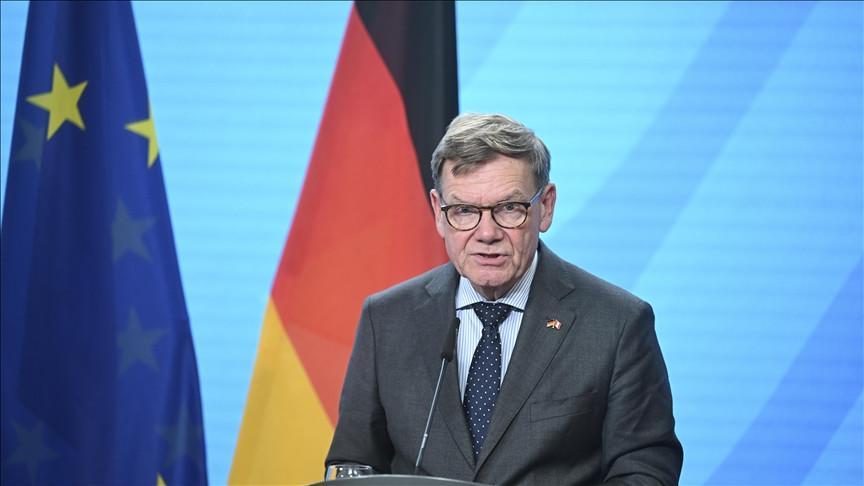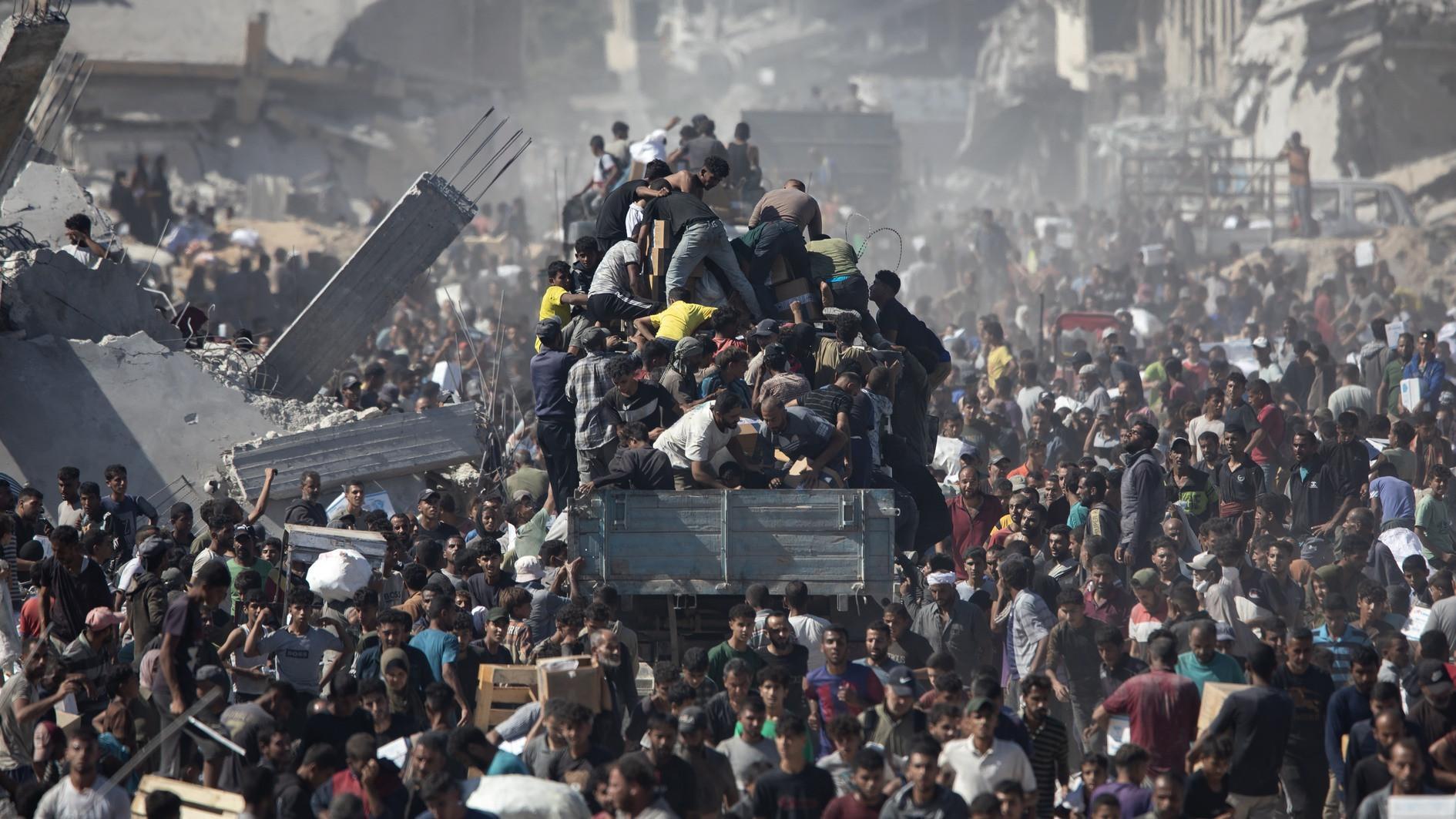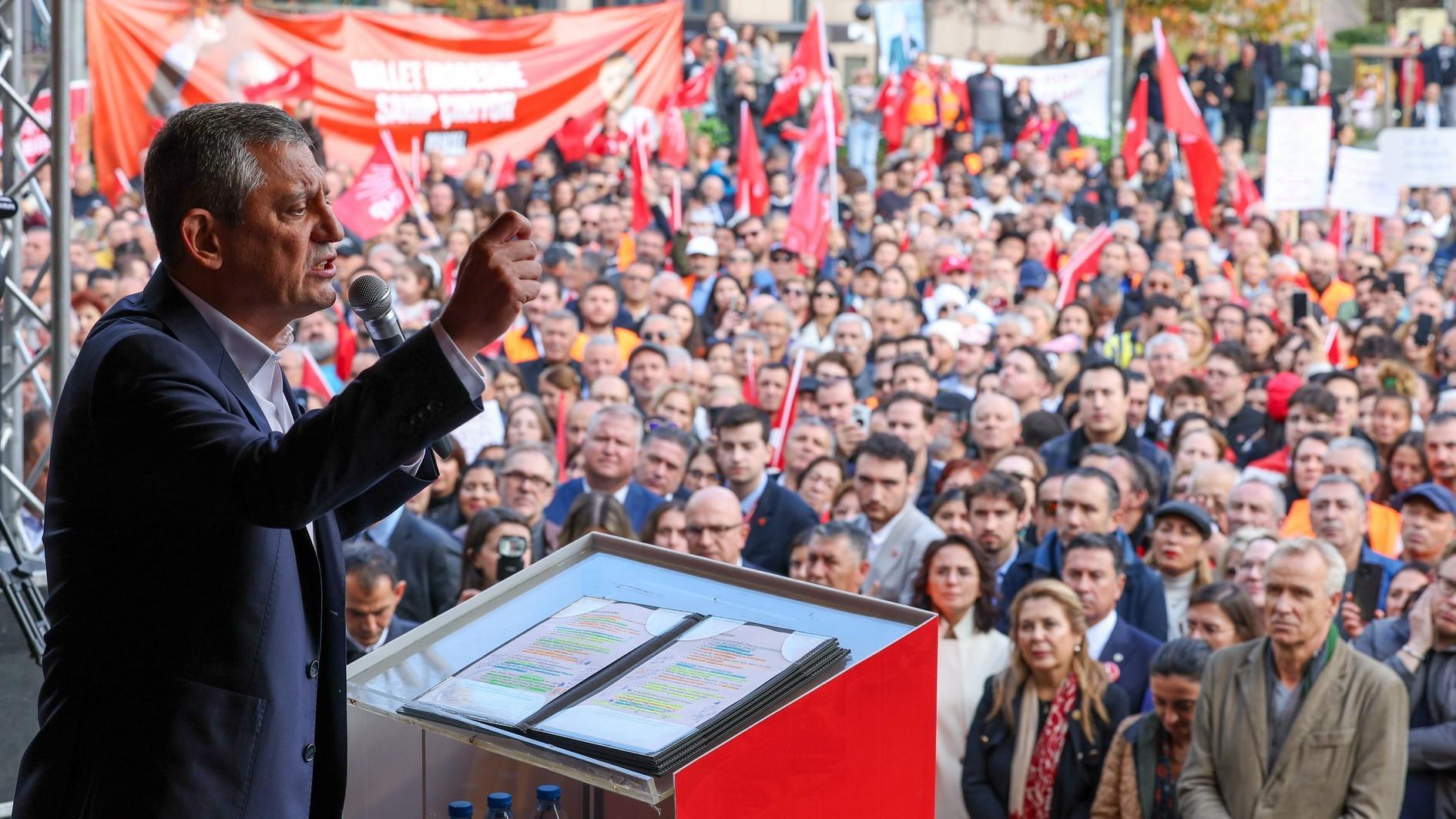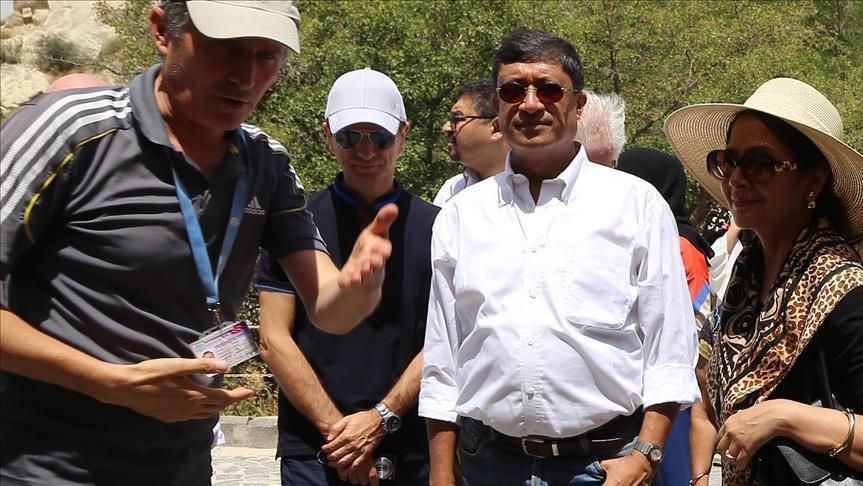Greece faces EU pressure over Türkiye’s SAFE participation: Report
ATHENS

The European Union is reportedly seeking to include Türkiye in its 150 billion euros ($175 billion) Security Action for Europe (SAFE) program, with Germany expected to press Greece to drop its objections.
German Foreign Minister Johann Wadephul is expected to urge Greece to approve Ankara’s participation during a Oct. 13 visit to Athens, Greek daily Kathimerini reported over the weekend.
The visit comes as the Nov. 30 deadline for countries wishing to receive loans through SAFE approaches, adding pressure on Greece to reconsider its stance on Türkiye, a longtime candidate for EU membership.
Prime Minister Kyriakos Mitsotakis recently met German Chancellor Friedrich Merz and NATO Secretary-General Mark Rutte on the sidelines of a European Political Community (EPC) summit in Copenhagen.
Reports said that the meeting, requested by Rutte, focused on unblocking Türkiye’s participation in SAFE.
However, Mitsotakis reiterated that he would not approve Türkiye's involvement due to ongoing disputes in the Aegean and the casus belli dispute between Ankara and Athens.
In the mid-1990s, Greece had attempted to extend its territorial waters in the Aegean Sea to 12 nautical miles but scuttled the plan after Türkiye declared that such a move would be a casus belli, or cause for war.
According to Kathimerini, nearly all other EU countries support cooperation with Türkiye, citing the state’s position as NATO’s second-largest army and its flourishing defense industry.
Only France and Greek Cypriot reportedly share Greece’s objections, while Scandinavian countries are also said to back Ankara’s participation.
SAFE, adopted by EU leaders in May, is meant to provide competitively priced, long-term loans to accelerate urgent defense procurement.
It forms part of the European Commission's ReArm Europe Plan/Readiness 2030, aiming to mobilize over 800 billion euros in defense spending.














